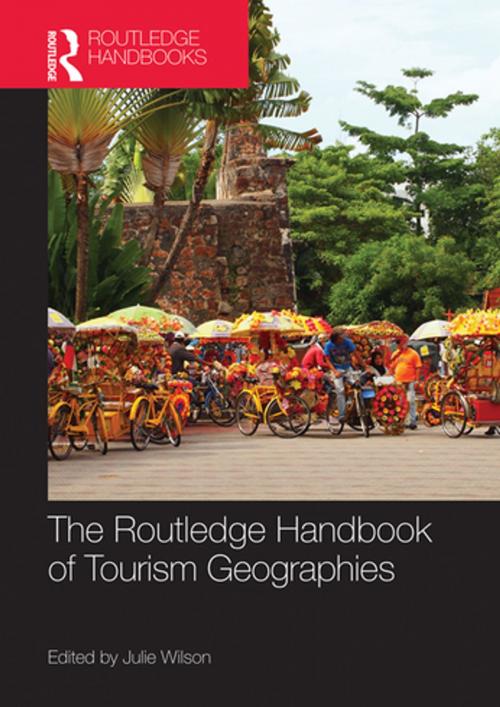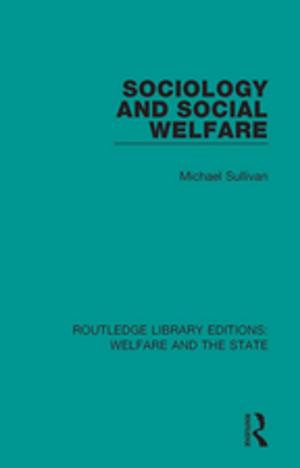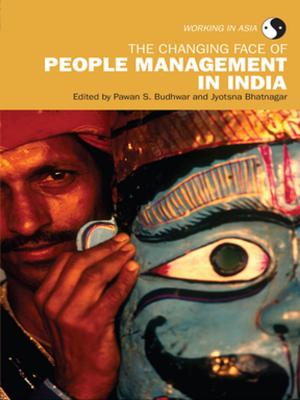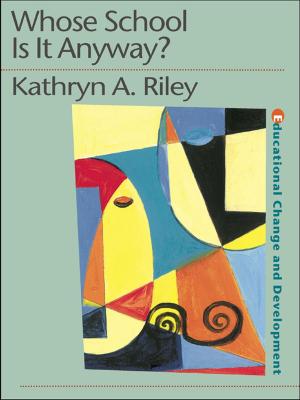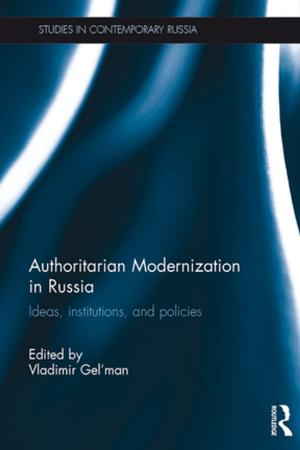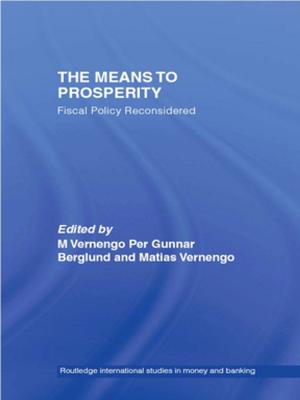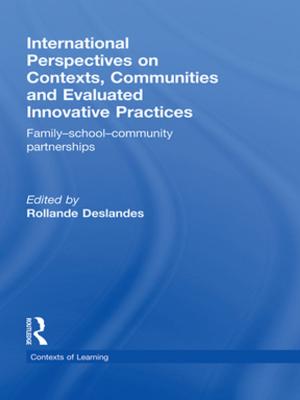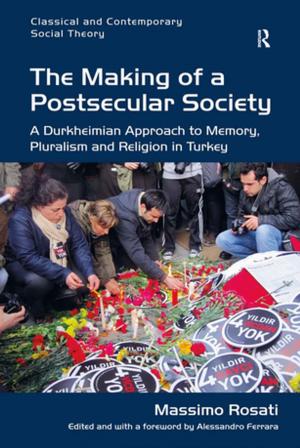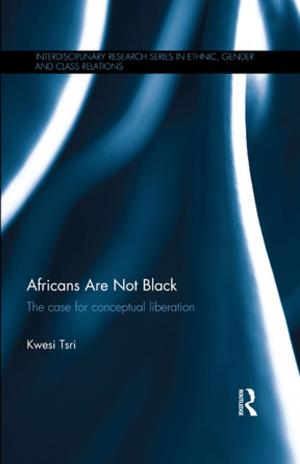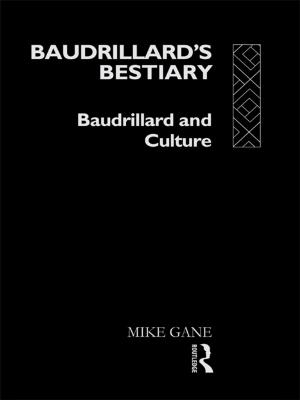The Routledge Handbook of Tourism Geographies
Business & Finance, Industries & Professions, Hospitality, Tourism & Travel, Nonfiction, Travel| Author: | ISBN: | 9781135166823 | |
| Publisher: | Taylor and Francis | Publication: | March 15, 2012 |
| Imprint: | Routledge | Language: | English |
| Author: | |
| ISBN: | 9781135166823 |
| Publisher: | Taylor and Francis |
| Publication: | March 15, 2012 |
| Imprint: | Routledge |
| Language: | English |
Geographical analysis of tourism spaces and places is advancing fast. In terms of human geography, the various recent academic ‘turns’ have led to fresh examination of existing debates and have advanced new theoretical ideas in geography that are more salient than ever for tourism studies. The Routledge Handbook of Tourism Geographies seeks to examine such recent developments by providing a state-of-the-art review of the field, documenting advances in research and evaluating different perspectives, approaches, techniques and contexts.
The Routledge Handbook of Tourism Geographies considers recent disciplinary developments (including post-disciplinarily) in geography in relation to the study of tourism. It also analyzes the fledging relationships of the new mobilities paradigm, critical tourism studies and cultural political economy to tourism spaces and places, as well as acknowledging a spatial turn in poststructuralist social sciences more generally. In addition, it evaluates how postcolonial, feminist, sensory, performative and queer perspectives have diversified research in the tourism geographies field. Spatial analysis, time geography, placemaking and landscape concerns are addressed and issues such as transport, environmental discourses and development are also analyzed. Finally, the volume’s contributions highlight key areas for advancing research and map out the dimensions of future trajectories in tourism geographies in different theoretical and thematic contexts.
Written by leading scholars in the tourism geographies field, this text will provide an invaluable resource for all those with an interest in tourism geographies, encouraging dialogue across disciplinary boundaries and areas of study.
Geographical analysis of tourism spaces and places is advancing fast. In terms of human geography, the various recent academic ‘turns’ have led to fresh examination of existing debates and have advanced new theoretical ideas in geography that are more salient than ever for tourism studies. The Routledge Handbook of Tourism Geographies seeks to examine such recent developments by providing a state-of-the-art review of the field, documenting advances in research and evaluating different perspectives, approaches, techniques and contexts.
The Routledge Handbook of Tourism Geographies considers recent disciplinary developments (including post-disciplinarily) in geography in relation to the study of tourism. It also analyzes the fledging relationships of the new mobilities paradigm, critical tourism studies and cultural political economy to tourism spaces and places, as well as acknowledging a spatial turn in poststructuralist social sciences more generally. In addition, it evaluates how postcolonial, feminist, sensory, performative and queer perspectives have diversified research in the tourism geographies field. Spatial analysis, time geography, placemaking and landscape concerns are addressed and issues such as transport, environmental discourses and development are also analyzed. Finally, the volume’s contributions highlight key areas for advancing research and map out the dimensions of future trajectories in tourism geographies in different theoretical and thematic contexts.
Written by leading scholars in the tourism geographies field, this text will provide an invaluable resource for all those with an interest in tourism geographies, encouraging dialogue across disciplinary boundaries and areas of study.
